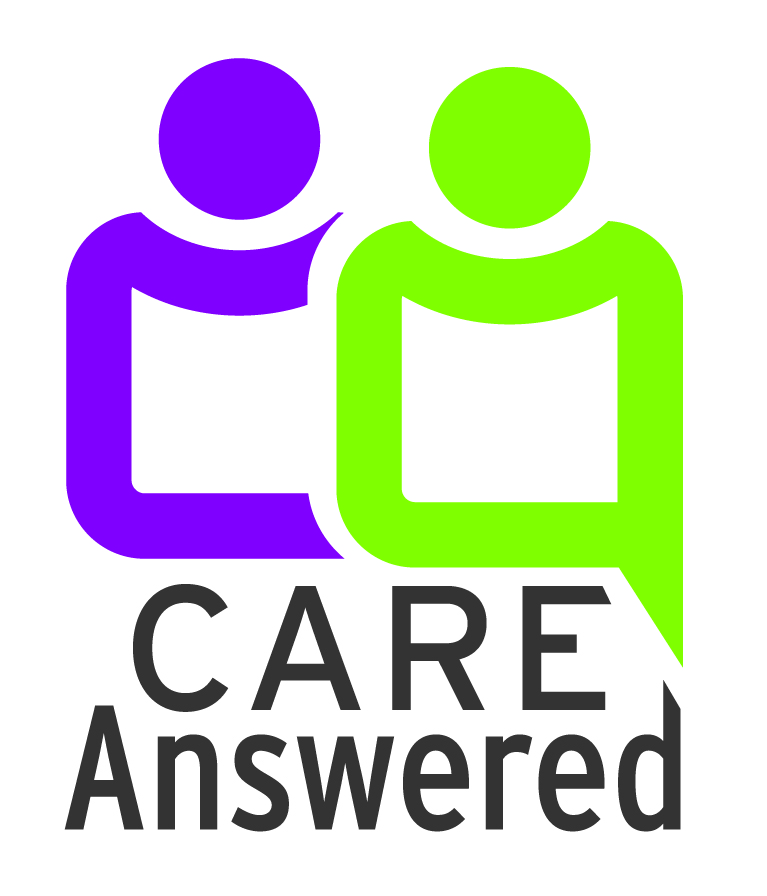“My doctor recommended palliative care. Does that mean that my condition is terminal?” NO.
This question or some version of it is very common after a suggestion of palliative care. Many people mistakenly assume that receiving palliative care means that active treatment in pursuit of a cure will be stopped, and that their condition is terminal.
In reality, palliative care is often offered in conjunction with curative medical treatment. The goal of palliative care is to treat symptoms and stress related to a serious illness, and to improve the patient’s quality of life. It is a philosophy of care and is unrelated to the prognosis. Palliative care may help patients cope with depression, anxiety, pain, nausea, fatigue, shortness of breath, constipation, loss of appetite or other issues. By addressing these symptoms, which may be caused by the illness itself or may be treatment side effects, palliative care teams improve the patient’s quality of life. In fact studies have shown that palliative care can increase one’s life expectancy.
Palliative care is generally provided by a team that may include physicians, nurses, social workers, nutritionists, pastoral care associates, and others who work with the patient’s other medical providers. They may be called in at any point following diagnosis of a serious illness such as cancer, congestive heart failure, chronic kidney disease, chronic obstructive pulmonary disease (COPD), dementia, Parkinson’s disease, or other conditions. They provide services in a variety of settings, including the hospital, long-term care facilities or home.
Receiving palliative care often helps patients cope better with their daily lives while battling a significant diagnosis. These services are covered by Medicare and Medicaid, as well as most commercial health insurance carriers.
Many physicians will refer patients for palliative care. However, patients may request a referral if their doctor does not offer one. Even some doctors don’t understand palliative care so get the information you need to make the best decision for you or a loved one. For further information or to learn more about options for patients facing a serious diagnosis, contact me at [email protected] or at (516) 584-2007 Ext. 1

